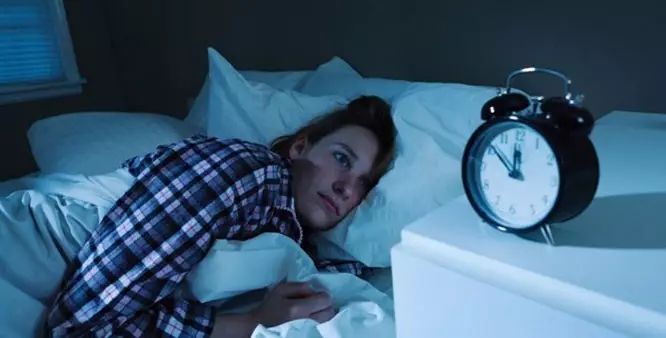
No, it's not really an excuse for you to stay up late.
what is the biological clock cycle of the human body? Will you answer 24 hours a day? Is it close to 25 hours? Or a little more than 24 hours?
this problem belongs to a field called chronobiology. The change that occurs with day and night is called near circadian rhythm (Circadian Rhythm) , which is affected by two factors. One is endogenous: some cells in the organism have a change cycle of nearly 24 hours, which makes the body temperature and hormones produce periodic physiological changes; second, the rhythm will also be affected by exogenous factors, especially light. When the period of the endogenous rhythm is close to that of the external factors (such as the 24-hour cycle of the earth), there will be a phenomenon of entrainment, which corrects the period of the endogenous rhythm to the external cycle. As supporting evidence, the sleep cycle of blind people is usually different from that of 24 hours. Artificial lighting in modern life can also affect the circadian rhythm.
in order to eliminate the effect of homology, the researchers put the subjects in a room where there was no clock or external light, and asked them to maintain a 28-hour or 20-hour sleep cycle for 1-2 months. the endogenous rhythm was judged by the changes in body temperature and hormone concentration. The period of near-circadian rhythm measured in many animals is about 24 hours. However, the value measured by scholars for human beings has been about 25 hours, and the error range is very large, even 13 hours or 65 hours of extreme data. However, a 1999 study by Charles A. Czeisler et al found that a factor in the previous study was likely to greatly affect the measurement results.
they found that in previous studies, although subjects were forced to fall asleep in a prescribed 28-or 20-hour cycle, they were allowed to turn on and off the lights before and after sleep. When the researchers kept the light switch in their own hands and turned the lights on and off in a fixed cycle, the endogenous rhythm of everyone was closer to 24 hours-an average of 24 hours and 11 minutes, yes, generally speaking, people's near-circadian rhythms are slightly more than 24 hours, so sleeping later and later is, to some extent, natural and super normal. the fluctuation of endogenous rhythm among different people is also very low, only plus or minus 16 minutes. In contrast, when they allowed the same subjects to turn on and off the lights, the cycle changed back to about 24.9 hours. In addition, previous studies have suggested that the near-circadian cycle increases with age, while Czeisler et al did not find a correlation between cycle and age.
so, as you go to bed later and later every day, this is probably not the pot of the biological clock, so just accept it.
I'll stay up late anyway
Let's just change the time zone
convenient and fast
cite: http://science.sciencemag.org/content/284/5423/2177.full
PS: if you search for biological clocks in various encyclopedias in the Chinese network, you will find that the entry contains a theory of the 23-28-33 cycle. This set of circadian rhythm (biorhythm) theory put forward at the end of the 19th century is similar to all kinds of rhythms in chronobiology, and is a set of pseudoscience with no scientific basis.
PSPS: although it may not be the biological clock, there is a kind of human rhythm that is too different from 24 hours to be in harmony. This is called non-24-hour sleep-awakening syndrome. Current treatments include melatonin hormone therapy or phototherapy.
this article is reproduced from TodayILearned Comics
if you like, follow the author. ↓
more cold knowledge:
TodayILearned: this tentacle monster, it deserves a Nobel Prize!
Today I Learned: the other side of the diamond is. Radiator?
Today I Learned: in the dark, see how rock candy glows
There is nothing more desirable than one of our beach wedding guest dresses. Shop now and enjoy the pleasant shopping experience.